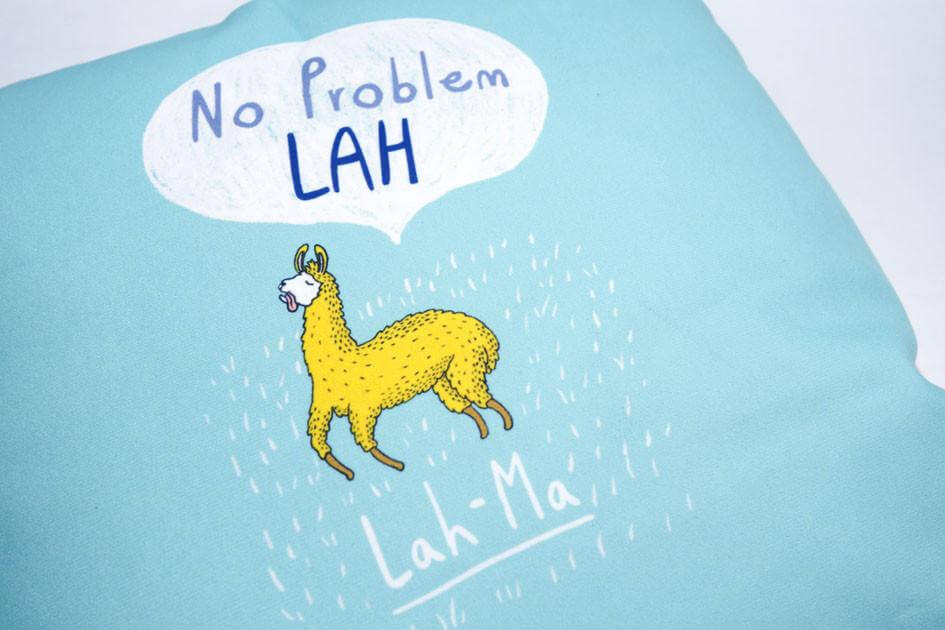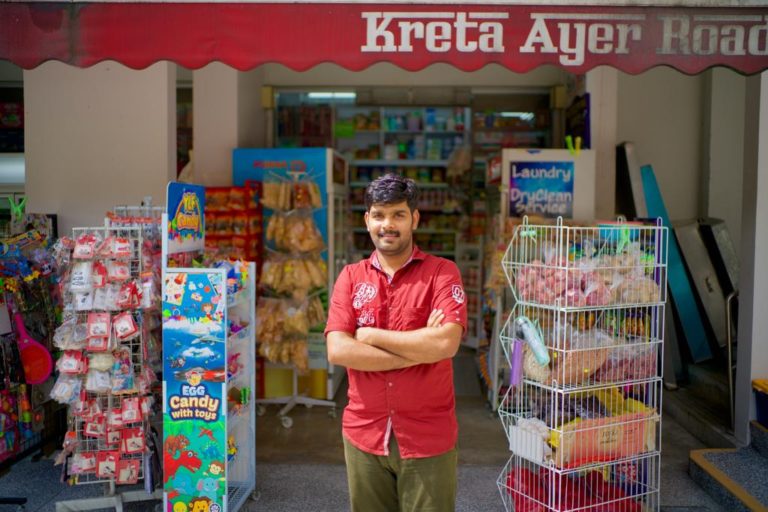Singlish is tough. Seriously, for an untrained pair of ears, Singlish is actually a lot like abstract art – nearly totally incomprehensible, but charismatic and attracts you to want to understand it because of the flow of it. Resulting from an eclectic combination of standard English, Mandarin, Malay and Tamil, Singlish came about as a result of 4 (or more) races living together and achieving racial harmony. Thus, one can say that Singlish as a language has helped to bond people from fundamentally different cultures and upbringing.

We always have foreign friends asking just how to be fluent in Singlish. The answer is fairly simple – just start from the recurrent word “Lah”. Found in possibly 90% of all conversations made in Singlish, Lah stems from the Mandarin word 啦, and is the quintessential word in Singlish vocabulary. “Lah” is used to connote an end of a sentence with a possible variety of emotions judging from the tone. We can see how it compares with standard English:
Singlish: Give me that marker lah!
English: Give me that marker! (tone denoting annoyance)
Singlish: Please don’t make me repeat myself lah.
English: Please don’t make me repeat myself. (tone emphasising boredom)
Singlish: I will surely pass the exam lah. It’s so easy. English: I will surely pass the exam. It’s so easy. (denoting surety)
Of course, “lah” should not be used in formal situations, for it would be seen as rude to the other party due to the informality of the tone. To be safe, “lah” should only be used amongst friends or in a relaxed business atmosphere.
Other than “lah”, there’s another ubiquitous word called “can”, which is also used universally in the world of Singlish. “Can” is used to mean “able to” or “possible”. Some examples of the usage are as follows:
Singlish: Can pass me that bottle?
English: Are you able to pass me that bottle?
Singlish: You can one lah. You just need to try harder.
English: You are able to do it. You just need to try harder.
Singlish: Q: Go bus stop wait for me can? A: Can.
English: Q: Could you go to the bus stop to wait for me? A. Yes, see you.
As we can see, “Can” as a one-syllable word can substitute a couple of words, thereby simplifying the sentence.
Once you master the usage of “lah” and “can”, Singlish becomes way easier to learn!


